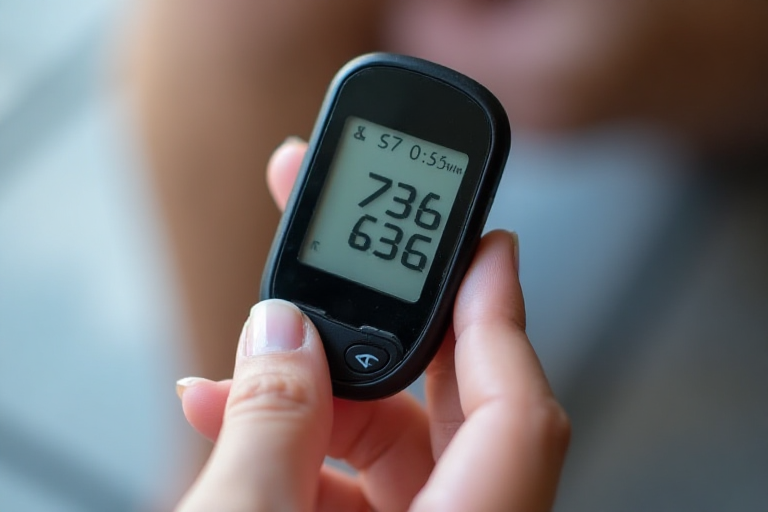
Maintaining optimal health and fitness is a multifaceted endeavor that involves a balanced diet, regular exercise, and consistent monitoring of vital health metrics. Among these, blood sugar levels play a crucial role, especially for individuals managing diabetes or those at risk of developing it. This article delves into the importance of blood sugar monitoring, the technology behind blood sugar meters, and how integrating this practice into your daily routine can enhance your overall well-being.
Blood sugar, or glucose, is the primary source of energy for your body’s cells. However, maintaining the right balance is essential. Too high or too low levels can lead to serious health complications. For individuals with diabetes, monitoring blood sugar levels is a daily necessity. But even for those without diabetes, understanding and managing blood sugar can prevent future health issues and optimize physical performance.
Modern blood sugar meters, also known as glucometers, have revolutionized the way we monitor glucose levels. These devices are compact, user-friendly, and provide quick results, making it easier than ever to keep track of your blood sugar. Most glucometers require a small blood sample, typically obtained through a finger prick. The blood is then analyzed by the device, which displays the glucose level within seconds.
One of the significant advancements in blood sugar monitoring technology is the development of continuous glucose monitors (CGMs). Unlike traditional glucometers that provide a snapshot of your glucose levels at a single point in time, CGMs offer real-time data throughout the day and night. This continuous monitoring can provide valuable insights into how different foods, activities, and even stress levels affect your blood sugar.
Integrating blood sugar monitoring into your health and fitness routine can offer numerous benefits. For athletes and fitness enthusiasts, understanding how their bodies respond to different types of exercise and nutrition can help optimize performance and recovery. For individuals managing diabetes, regular monitoring can prevent dangerous spikes and drops in blood sugar, reducing the risk of complications.
Moreover, blood sugar monitoring can be a powerful tool for weight management. By understanding how different foods affect your glucose levels, you can make more informed dietary choices. Foods that cause rapid spikes in blood sugar can lead to increased hunger and overeating, while those that provide a steady release of energy can help maintain satiety and support weight loss efforts.
It’s also important to recognize the role of lifestyle factors in blood sugar management. Regular physical activity, adequate sleep, and stress management all play a part in maintaining healthy glucose levels. Exercise, in particular, can improve insulin sensitivity, allowing your body to use glucose more effectively. Similarly, poor sleep and high stress levels can negatively impact blood sugar control, highlighting the need for a holistic approach to health.
In conclusion, blood sugar monitoring is a vital component of maintaining overall health and fitness. Whether you’re managing diabetes, optimizing athletic performance, or simply striving for better health, understanding and managing your blood sugar levels can provide significant benefits. With the advancements in monitoring technology, it’s easier than ever to take control of your health and make informed decisions that support your well-being.